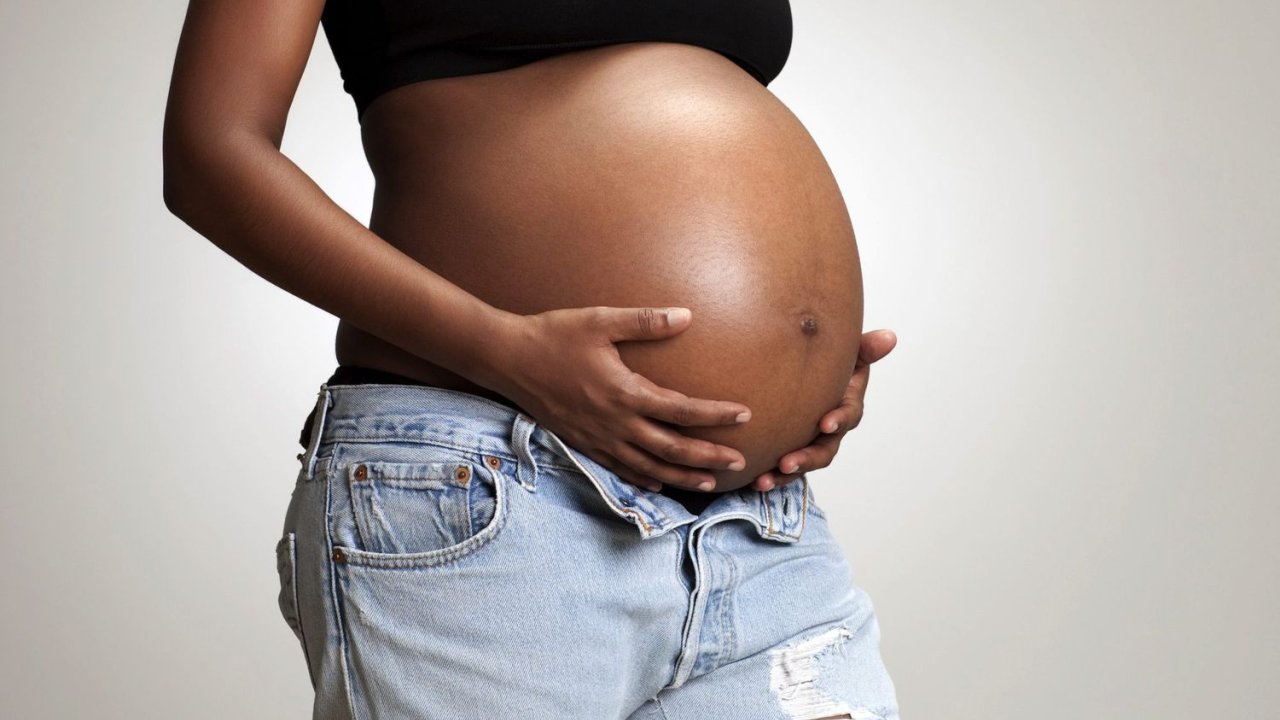Addressing Black Maternal Health Disparities

By Trinnette Cooper, ABFE's Director of Philanthropic Advising Services
“In the U.S., Black women are three to four times more likely to die from pregnancy-related causes than white women. Black women are also two times more likely to experience severe maternal morbidity and 1.5 times more likely to have a preterm delivery, compared to their white counterparts.” (Harvard T.H. Chan School of Public Health, 2024)
The staggering statistics highlight a deeply entrenched issue within our society: the severe disparities in hearing, understanding, and prioritizing the pain and injustices against Black women. This lack of recognition and response extends into our healthcare system, manifesting in alarming disparities in maternal health outcomes for Black women.
Each year, hundreds of Black women die from preventable pregnancy-related complications, and many more experience severe health issues that are often overlooked or misdiagnosed by healthcare professionals. As highlighted in a New York Times article about Christine Fields, who tragically died due to a preventable error at Brooklyn hospital, Black birthing people frequently report feeling dismissed or unsupported by doctors, with their concerns and symptoms not taken seriously—a deadly bias that can lead to catastrophic outcomes.
I recently had the privilege of hearing from Vice President Kamala Harris as she addressed my sorority, Alpha Kappa Alpha Sorority, Incorporated ® during our 71st Biennial National Convention. Vice President Harris is also a member of Alpha Kappa Alpha Sorority, Incorporated ®. During her remarks, she shared that “for the first time, we have created national health and safety standards for maternal care, which means nearly every hospital in our country will soon be required to provide new mothers with delivery rooms that are fully stocked with lifesaving medical equipment.” This unprecedented commitment to improving the birthing process and experience for birthing people resonated with me as a doula and someone trained in public health.
The role of doulas is crucial in bridging the gap for Black birthing people by offering culturally sensitive and holistic support. In a healthcare system where, Black women often face neglect; doulas are a lifeline. Doulas are trained professionals who provide continuous physical, emotional, and informational support to birthing people before, during, and after childbirth. They advocate for their clients, ensuring their voices are heard and their needs are met. Research shows that doulas significantly improve birth outcomes, reducing the likelihood of cesarean sections, enhancing the birthing experience, and providing essential postpartum support.
In addition to my role as the Director of Philanthropic Advising Services at ABFE, I am also a dedicated doula of over 16 years. This dual perspective allows me to see firsthand the critical importance of addressing Black maternal health both from a systemic policy level and through direct, personalized care. The care and concern of delivering a healthy baby is critical during labor and delivery. As a doula, I focus intensely on the well-being of Black birthing people. I recall one particularly challenging labor that underscored the vital role I play. The labor was unexpectedly long and strenuous, requiring an oxygen mask and leaving her family too overwhelmed to provide the necessary support. As the baby's birth neared, I was the only support person present. The trust we had built allowed me to ask the right questions and provide immediate assistance, ensuring both mom and baby had healthy outcomes.
Witnessing the transformative impact of doula care firsthand has inspired me to consider becoming a postpartum doula, given the increasing need for mental health and well-being support for Black birthing people post-delivery. Reflecting on another client who had an emergency cesarean section, my preparatory work ensured she knew what her maternal experience should and should not feel like, preserving her dignity and advocacy. This compassionate, personalized care is vital, ensuring Black birthing people are supported and represented at every phase of their journey.
August is a meaningful month in the context of Black liberation, history, resilience, and resistance. As we celebrate Black Philanthropy Month, remember that every statistic represents real women, real families, and real communities. Supporting Black doulas and birth workers is not just about improving numbers; it's about saving lives, ensuring dignity in childbirth, and fostering resilience in our communities. These professionals are on the front lines, saving lives and advancing Black maternal health equity.
At ABFE, we recognize that advancing Black maternal health is critical to achieving health equity for Black communities, aligning with our Ten Imperatives, developed with over 60 Black philanthropic CEOs. Our goal is to eradicate racial disparities in health, address police brutality, and improve overall well-being in Black communities by dismantling discriminatory structures and fostering strong partnerships. We call on philanthropy, foundations, and the broader sector to join us in supporting Black doulas and birth workers, committing to an equity-focused approach in all investments and actions. Together, we can make significant strides toward healthier outcomes for Black mothers and their babies, ensuring a sustained effort toward racial equity.